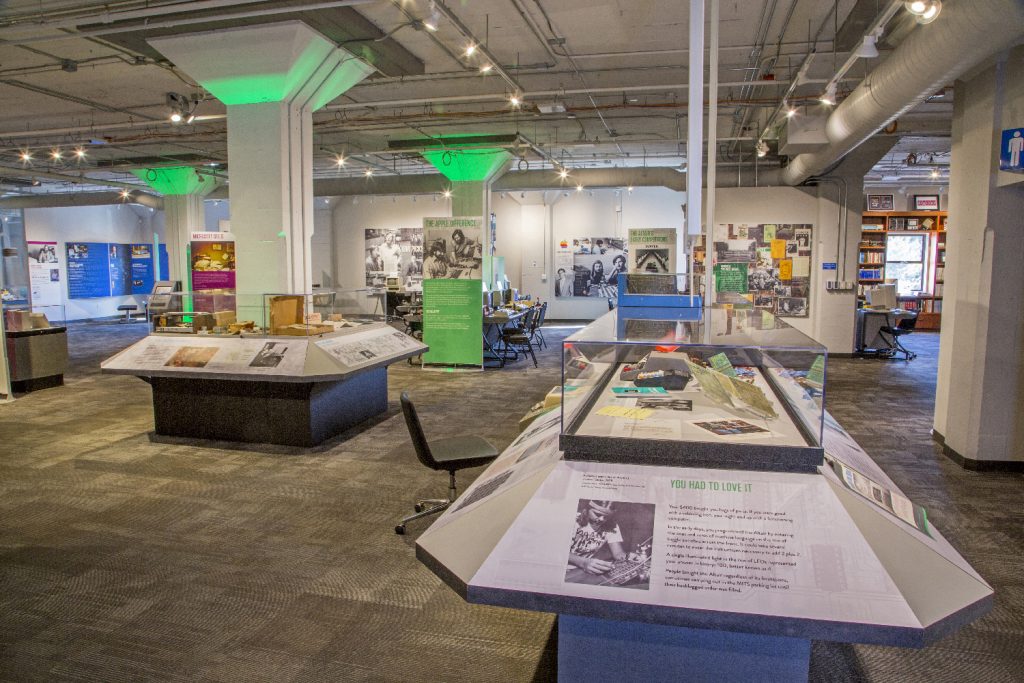Fans of the Living Computers Museum + Labs in Seattle were disappointed to learn that Paul Allen’s estate will not be reopening the facility, leading to the permanent closure of the museum. The estate has confirmed that the museum will not be rescued by a buyer, and some of the computing objects collected by Allen will be auctioned by Christie’s this summer. This news was met with sadness from past patrons who valued the unique institution that showcased rare computing technology.
Since Paul Allen’s death in 2018, his estate, managed by his sister Jody Allen, has been selling off his various holdings, including valuable art pieces, a superyacht, and more. However, the decision to close the Living Computers Museum has left many questioning whether this outcome truly reflects Allen’s wishes. Past volunteers and members of the museum expressed disbelief that Allen would have invested so much time and money into building the institution, only to see it dismantled after his passing.
Ed Lazowska, a professor at the University of Washington, noted that very few people are aware of the directives Allen left behind. While certain entities like research institutes are part of Allen’s legacy, other properties such as villas, yachts, and art pieces do not hold the same importance. Lazowska expressed hope that the heart of the Living Computers Museum collection will be retained, regardless of some items being sold piecemeal. The closure has been met with disappointment from the local community, who valued the museum’s unique and immersive experience.
Comments from social media channels reflected the sentiment of loss over the closure of the Living Computers Museum. Many people shared their personal experiences at the museum, recounting the opportunity to use and interact with historic computing equipment. From programming on a PDP-10 mainframe to playing games on a Commodore 64, visitors had the chance to engage with computing history in a hands-on way. The closure of the museum has saddened those who found value and joy in its unique collection.
The decision to permanently close the Living Computers Museum has raised questions about the preservation of computing history and the future of the rare technology housed in the facility. Given Seattle’s status as a major tech hub, some have expressed surprise that no entity, private or public, has stepped in to help maintain the museum. For many, the closure represents a loss of a significant place that held educational and nostalgic value for those with an interest in computing and technology.
The closure of the Living Computers Museum has left a void in the Seattle tech community, with many lamenting the loss of a place that celebrated the history and future of technology. The immersive and hands-on experience offered by the museum allowed visitors to engage with computing artifacts in a unique way, making it a valuable resource for education and nostalgia. While the exact reasons behind the museum’s closure remain unclear, the impact on those who valued its mission and collection is evident.











